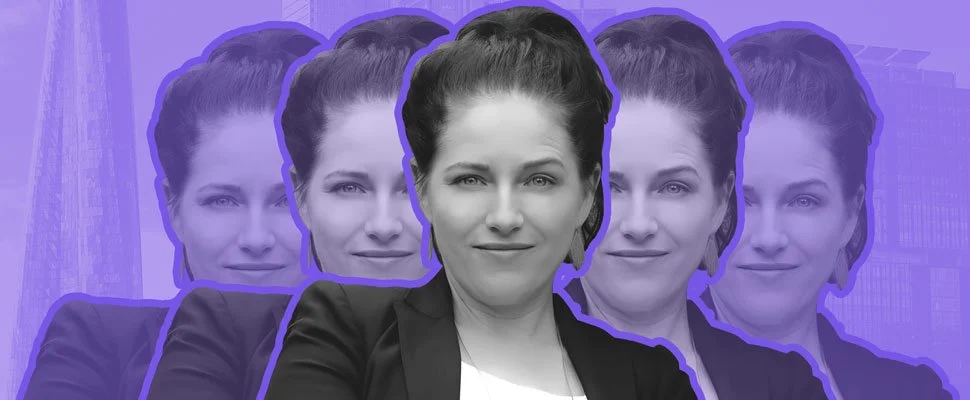What is mindfulness and why does it matter at work?
Mindfulness. Everybody's doing it.
From mindful colouring to mindful movement and even mindful eating, mindfulness activities can help you slow down, get present, and be more aware of yourself and your surroundings.
But what if you started using mindfulness at work too?
In recent years, many companies have started teaching mindfulness in the office. We’re talking Google, Nike and Apple, to name just a few.
This isn’t just a trendy activity that all the cool workplaces are doing – mindfulness is proven to offer real benefits to workers such as:
More creativity and innovation – 93% of leaders reported that mindfulness training helped them create space for innovation
Reduced stress, anxiety and emotional exhaustion at work
Increased resilience and emotional intelligence.
In other words, mindfulness is a critical tool you should be using if you want to win at work.
Sit down and focus as we explain what mindfulness is and why it matters at work (no skim reading allowed)!
What is mindfulness?
In its simplest form, mindfulness means awareness. It’s a way to slow down and focus on the present moment with full awareness. In other words, it can offer you a little slice of Zen in a world filled with busyness and distractions.
Think about meditation as a way to train your mind. Think about how many times you are doing a task and your mind wanders. You find yourself thinking about what you want for lunch, and then fretting over a conversation you had earlier in the day. Before you know it, you’re daydreaming about the weekend. Meditation brings you back to the present moment so you can really focus on where you are, who you are with and what you’re doing. More than that, it gives you the tools you need to be less stressed, calmer, kinder to ourselves and others.
Why does mindfulness matter at work?
Researchers have been studying the impact of mindfulness on our brains for decades.
Mindfulness has been proven to:
boost attention spans
reduce stress and anxiety.
Mindfulness can even make you a better and, more importantly, happier worker while helping you get the most satisfaction from your career.
Let’s dive into the benefits of mindfulness in more detail.
Mindfulness can make you a better communicator
Mindfulness has been linked to an increase in emotional intelligence – which is something SEEK identified as a top skill employers are looking for. In particular, mindfulness helps you develop empathy and self-regulation. In the workplace, this is especially useful in helping you manage conflict and communicate more effectively.
How?
Because mindfulness enables us to pause, take a step back and consider alternative perspectives, rather than simply reacting to things as they happen.
That’s not to say mindfulness will stop you from facing conflict at work, but it can help you respond more appropriately and sensitively – and that’s a powerful thing.
When you’re able to stay present in a meeting or conversation, you can notice the little things that show how other people are feeling. Notice who’s talking and who isn’t. Who seems to be angry or frustrated? Who looks tired or bored? Who is on their laptop or phone paying no attention (ugh)?
Then, use this information to communicate more effectively and get your ideas across in a way that makes an impact.
Mindfulness helps you manage stress
Stress is something everyone has to deal with at some stage in their career. But mindfulness can help.
With mindfulness, we learn to develop the inner resources that help us navigate through difficult, testing and stressful situations with more ease and calm.
It can help you stop a snowball of negative feelings from taking over and overwhelming you.
Let’s say you’re faced with a really tough customer at work and start feeling really anxious.
With mindfulness, you can identify this emotion by noticing the sensation in the body. Then you can take certain steps to manage it.
Stop what you are doing. Breathe deeply. Notice how you are experiencing the emotion in your body. Reflect on where the emotion is coming from in your mind (i.e. personal history), then respond in the most considered, compassionate way.
Dan Harris, the author of 10 Percent Happier, said “I think of mindfulness as the ability not to be yanked around by your own emotions. That can have a big impact on how you are in the workplace.”
Mindfulness can help you get more done
Imagine how much more you’d get done if you weren’t constantly flitting from one task to another or being distracted by things.
One way mindfulness can help you at work is simply by giving you more focus. Practicing mindfulness means you bring yourself back to the present moment over and over again. This trains your brain to become more focused, and that’s a powerful thing.
With more focus, you can not only get more done – you can do it better.
Over to you
If mindfulness is the secret… now what?
Think about your last week at work or school, and see how many of these you agree with:
I cannot remember what others have said during conversations
I cannot remember my daily commute
I can’t remember what I ate for lunch
I spent a lot of time on my phone while being around my friends
I skim read articles or fast forward through videos.
If you said yes to any of the above, chances are that you're zoning out regularly and are spending at least some time on autopilot.
NOW is the time to bring mindfulness practices into your daily routine. We can help – start your human skills learning journey and find a practical guide to mindfulness on the Hodie app!









